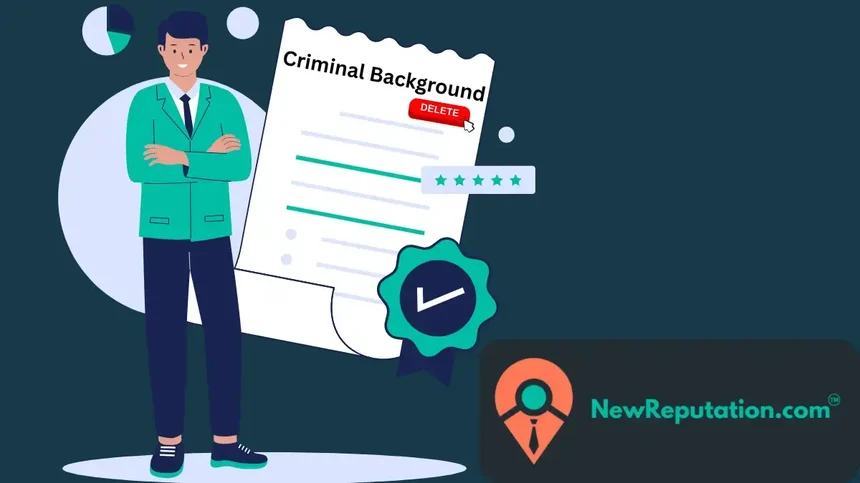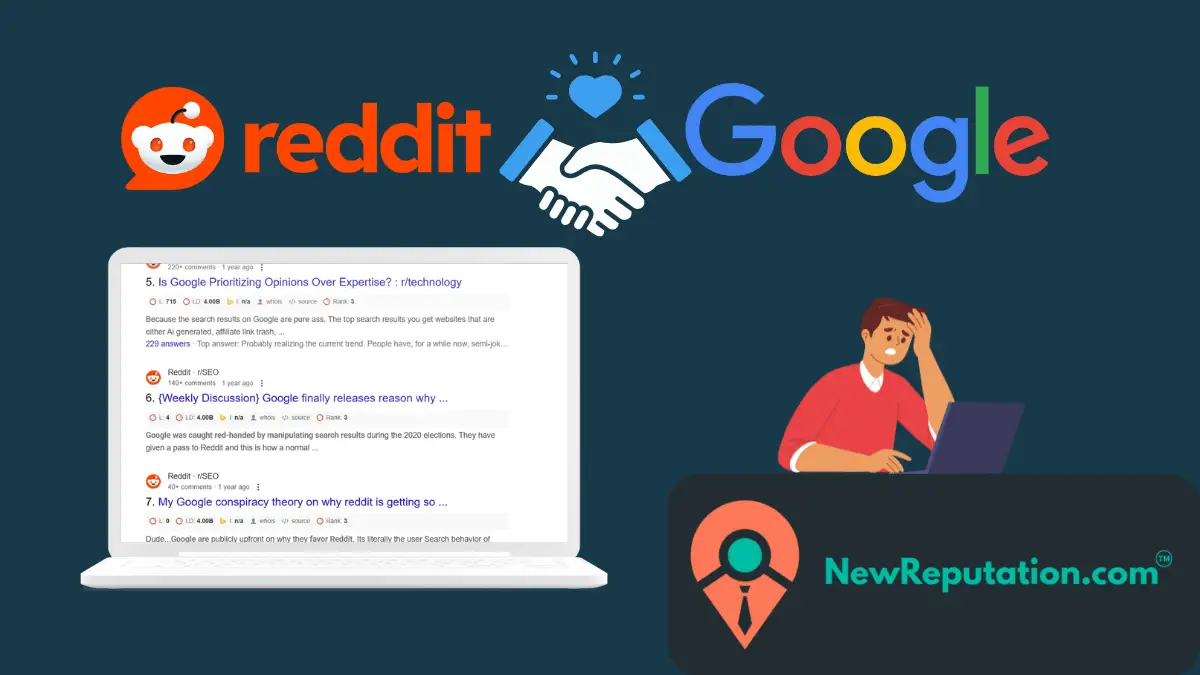Your criminal record can make it harder to get a job, find a place to live, or even get a loan. A lot of people want to know if they can get rid of it from a background check. The answer depends on a number of things, such as the crime and the laws in your state.
This guide tells you how to get rid of a criminal record from background checks, step by step.
Why Background Checks Are Important
Background checks are very important for getting a job, finding a place to live, and getting money. Many businesses use them to decide who to hire, and landlords and lenders use them to figure out how risky a person is. Having a criminal record may limit your choices. Depending on state laws and how background check companies store data, even old arrests can show up on a report.
In some states, the 7-year rule for arrests means that some records won’t show up on background checks after seven years. However, this isn’t the case everywhere. Some employers, especially in finance and government, can still see old records. That’s why it’s important to know what the Fair Credit Reporting Act (FCRA) and state and federal privacy laws say about your rights.
You can clear or fix your record in a few different ways. Record sealing and expungement can get rid of or hide records so that most background checks can’t see them. The process of filing expungement or expunction petitions is different in each state. If your charge was dropped, you might be able to get court orders to show that you were not found guilty. Some states give out certificates of detention, which show that an arrest didn’t lead to a conviction.
Technology is also speeding up the process of clearing records. The Expedited Record Clearance Update (ERCU) service speeds up background checks, and the NewReputation technology speeds up the process of getting rid of records. You may need to contact background check companies directly or use state consumer privacy laws to challenge the information if your background check still shows wrong or out-of-date records.
What You Should Know About Public and Private Databases
If you want to get rid of a criminal record, you need to know where records are kept. Public databases are kept by government agencies like court systems and state record repositories. You can find these records in official crime databases and data portals. If you meet the requirements for record expungement or record sealing, a court order can delete or limit access to these files. But just because you clear your record from public databases doesn’t mean it will be gone everywhere.
Companies that do background checks run private databases. They get information from public sources and online background checks. These businesses might not change their records right away. Your record might still show up in private reports even if a court clears it. You might have to get in touch with these companies directly and ask them to take it down to fix this. State privacy laws can help you figure out what your rights are and what the right legal steps are to take to update or delete old records.
Is it possible to get rid of a criminal record?
Yes, in some cases. You might be able to delete or hide a record by:
Expungement means that the record is erased as if it never happened.
Sealing keeps the record from being found by most public searches.
Record Corrections: These fix errors in background checks.
Appeals are requests to change records after people are wrongfully convicted.
There are different requirements for each option. Not all records are eligible.
How to Get Rid of a Criminal Record in Public Databases
Look at Your Record
It’s important to know what’s on your record before you do anything. You can ask your state’s police department for a background check, use an online service, or even ask the FBI for a copy. Check your report carefully for mistakes, old charges, or records that could be deleted.
Expungement means getting rid of a record.
You can get rid of your criminal record with expungement, which makes it seem like it never happened. But not every crime is eligible. People who have never been in trouble with the law before, people who have committed minor crimes like misdemeanors, or people who have been charged with juvenile crimes after they turned 18 may be eligible. To apply, you need to get all the necessary papers together, file a petition with the court, and go to a hearing if necessary. If you get it, your record will be erased.
Putting a seal on a criminal record
If you can’t get your record expunged, sealing it might be the answer. Even though the record is still there, most background checks won’t be able to find it. People who successfully finished probation or were involved in certain non-violent crimes may be eligible. You need to file a petition and go to a hearing, just like you would for expungement. If it is approved, employers won’t be able to see the record.
How to Fix Errors on Your Background Check
It’s very important to fix any mistakes you find on your background check. Charges you were never found guilty of or being mistaken for someone else are common mistakes. Get in touch with the company that did the background check, show them proof of the error, and check back to make sure it has been fixed. Fixing these mistakes quickly is very important for keeping your job prospects.
Take Advantage of State Laws
When it comes to removing records, each state has its own rules. Some states automatically clear records after a certain amount of time, while others have “ban the box” laws that stop employers from asking about criminal history too early in the hiring process. To know your rights, learn about the laws in your state.
Get help from a lawyer
Some people can remove records on their own, but working with a lawyer can make the process easier. They help you make sure you meet all the requirements, speed up the process, and give you a better chance of success. A lot of lawyers offer free consultations, which can help you decide whether to go through with expungement or sealing.
Manage Your Reputation
Even if you can’t get rid of your criminal record, you can still take care of your online reputation. Making professional profiles on sites like LinkedIn, getting good press, and working with reputation management services can all help push down bad search results. Your past doesn’t have to control your future. Protecting your personal information is also part of staying in control.
Last Thoughts
It takes time and work to get rid of a criminal record from a background check. The best choices are sealing or expunging. If those aren’t available, fixing mistakes and keeping an eye on your online reputation can help.
Do something today. It is important for your future.
Need help with your online reputation? Get in touch with NewReputation for expert help.




